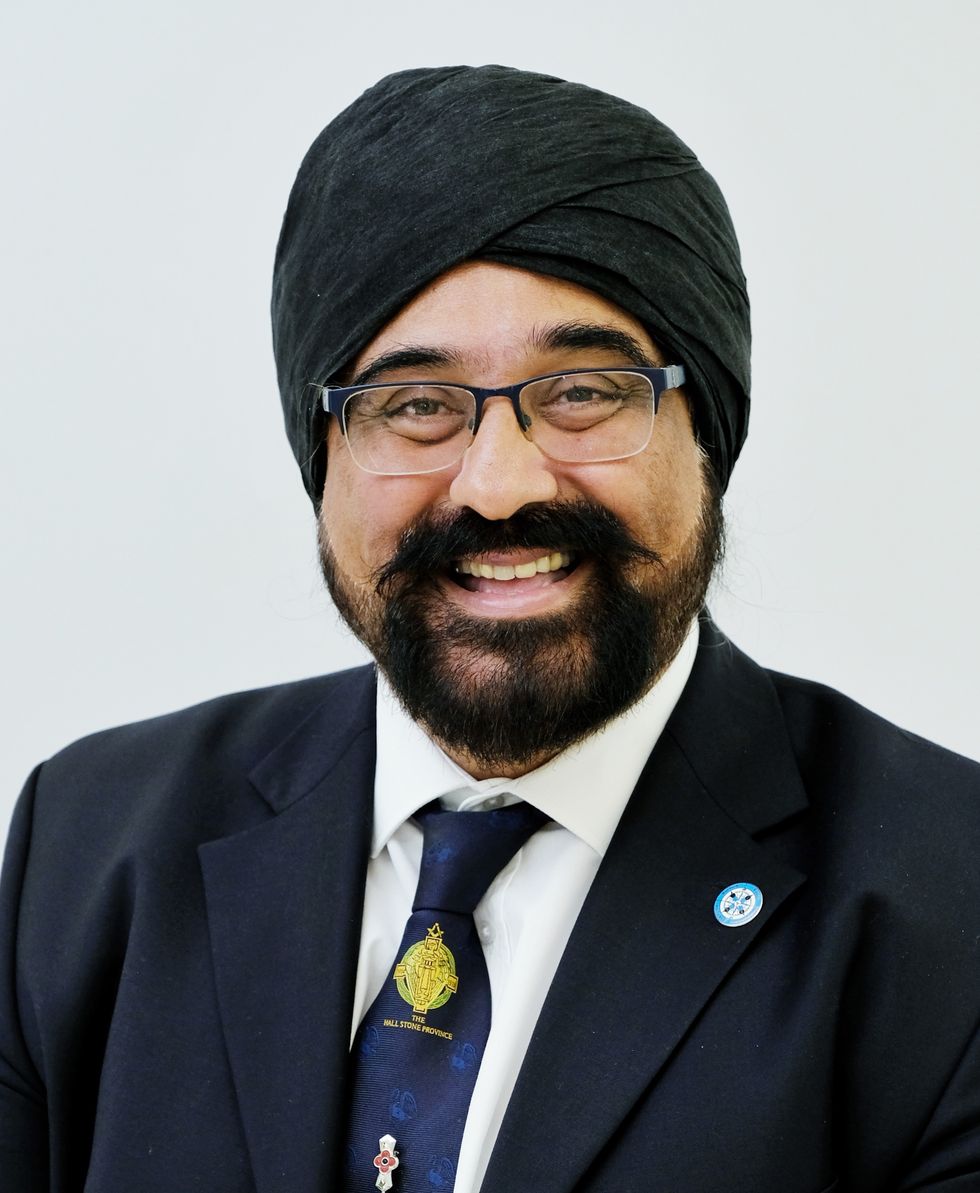Prime minister Narendra Modi's views on the use of nuclear weapons had an impact on the Russians and could well have averted a global disaster in the context of the Ukraine war, Director of the Central Intelligence Agency (CIA) Bill Burns said, according to PBS.
"I think it's also been very useful that Xi Jinping and Prime Minister Modi in India have also raised their concerns about the use of nuclear weapons as well. I think that's also having an impact on the Russians," Bill Burns said in an interview with PBS. "I think the saber-rattling is meant to intimidate. We don't see any clear evidence today of plans to use tactical nuclear weapons," he added.
CIA Chief Bill Burns remarks come as Russian President Vladimir Putin on December 3 admitted that the conflict is "going to take a while." He also warned of the "increasing" threat of nuclear war. In his address at the meeting of Russia's Human Rights Council at the Kremlin, Putin said that Russia will fight by "all available means" at its disposal, according to CNN. Putin said that he considered Moscow's nuclear arsenal as a 'deterrent rather than a provocation.'
"As for the idea that Russia wouldn't use such weapons first under any circumstances, then it means we wouldn't be able to be the second to use them either - because the possibility to do so in case of an attack on our territory would be very limited," CNN quoted Putin as saying.
Notably, India has been calling for dialogue and diplomacy since the war began between Russia and Ukraine. In a telephonic conversation with Russian President Vladimir Putin on December 16, Prime Minister Narendra Modi reiterated his call for dialogue and diplomacy as the "only way forward" in the context of the ongoing war between Russia and Ukraine, according to the statement released by PMO.
During the telephonic conversation, Putin gave a fundamental assessment of Russia's line in the Ukrainian direction. The talks between the two leaders come after their face-to-face meeting on the sidelines of the Shanghai Cooperation Organisation (SCO) in Samarkand in September.
"At the request of Narendra Modi, Vladimir Putin gave fundamental assessments of Russia's line on the Ukrainian direction," according to the statement released by Kremlin.
During the meeting in Samarkand, PM Modi had said, "today's era is not of war." Meanwhile, Russian President Putin had said, "I know about your position on the Ukraine conflict. I know about your concerns. We want all of this to end as soon as possible."
"Today's era is not of war and I have spoken to you about it on the call. Today we will get the opportunity to talk about how we can progress on the path of peace. India and Russia have stayed together with each other for several decades. We spoke several times on the phone about India-Russia bilateral relations and various issues. We should find ways to address the problems of food, fuel security and fertilizers," PM Modi had said.
Earlier in October, Prime Minister Narendra Modi spoke to Ukrainian President Volodymyr Zelenskyy. During the telephonic conversation, PM Modi underscored that endangering nuclear facilities could have catastrophic consequences on public health and the environment.
"Prime Minister emphasized the importance India attaches to the safety and security of nuclear installations, including in Ukraine. He underlined that endangerment of nuclear facilities could have far-reaching and catastrophic consequences for public health and the environment," according to the press release issued by Prime Minister's office.
(ANI)



















 Wal Chahal
Wal Chahal